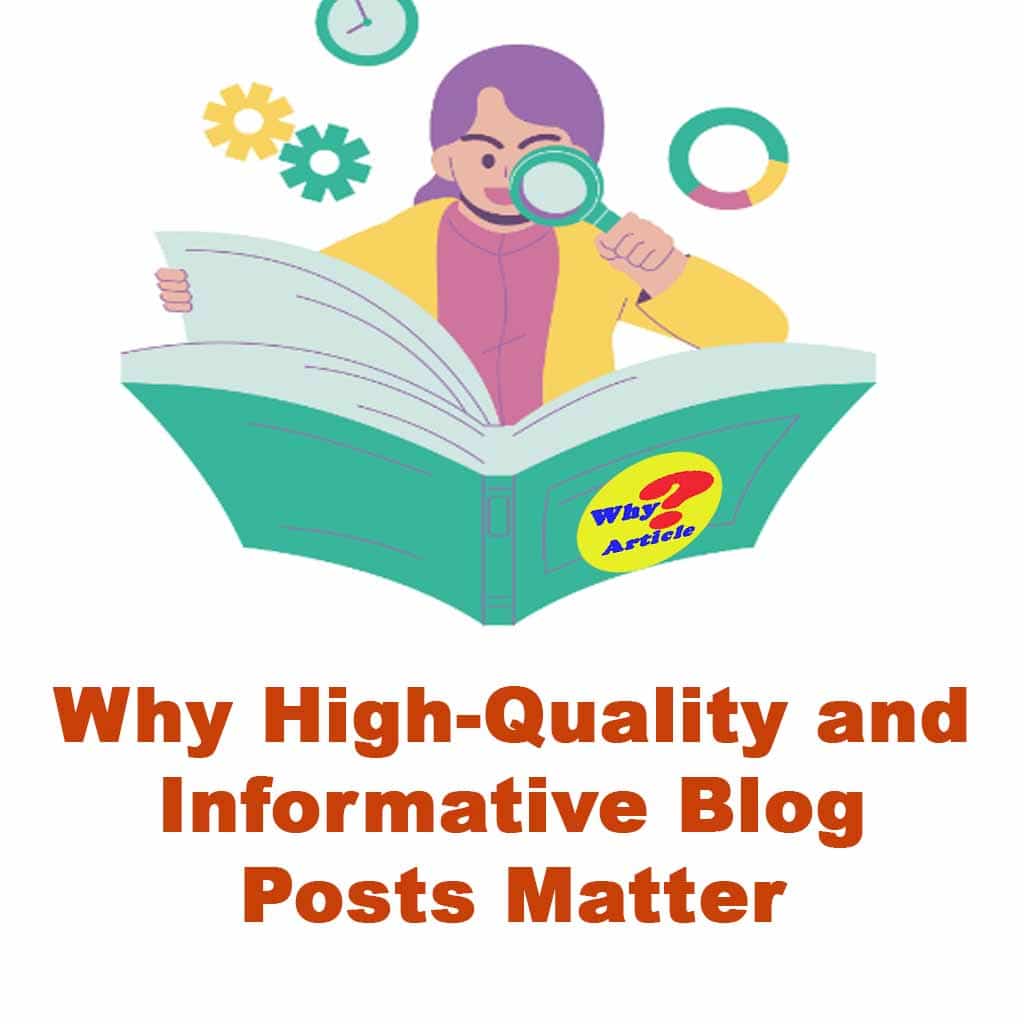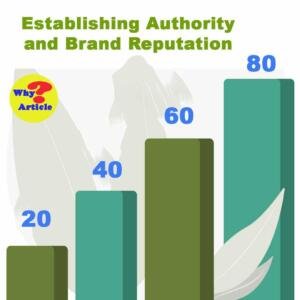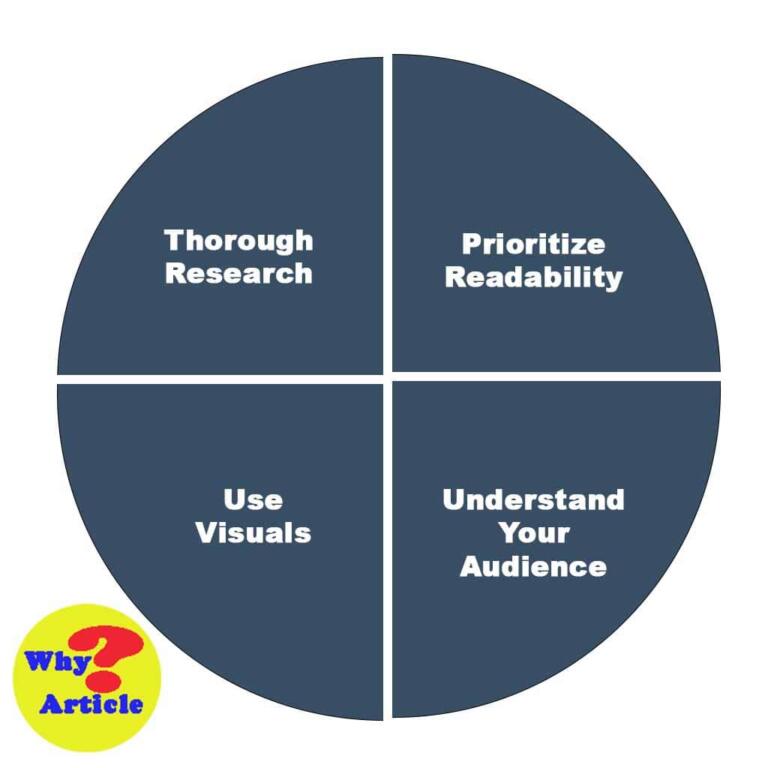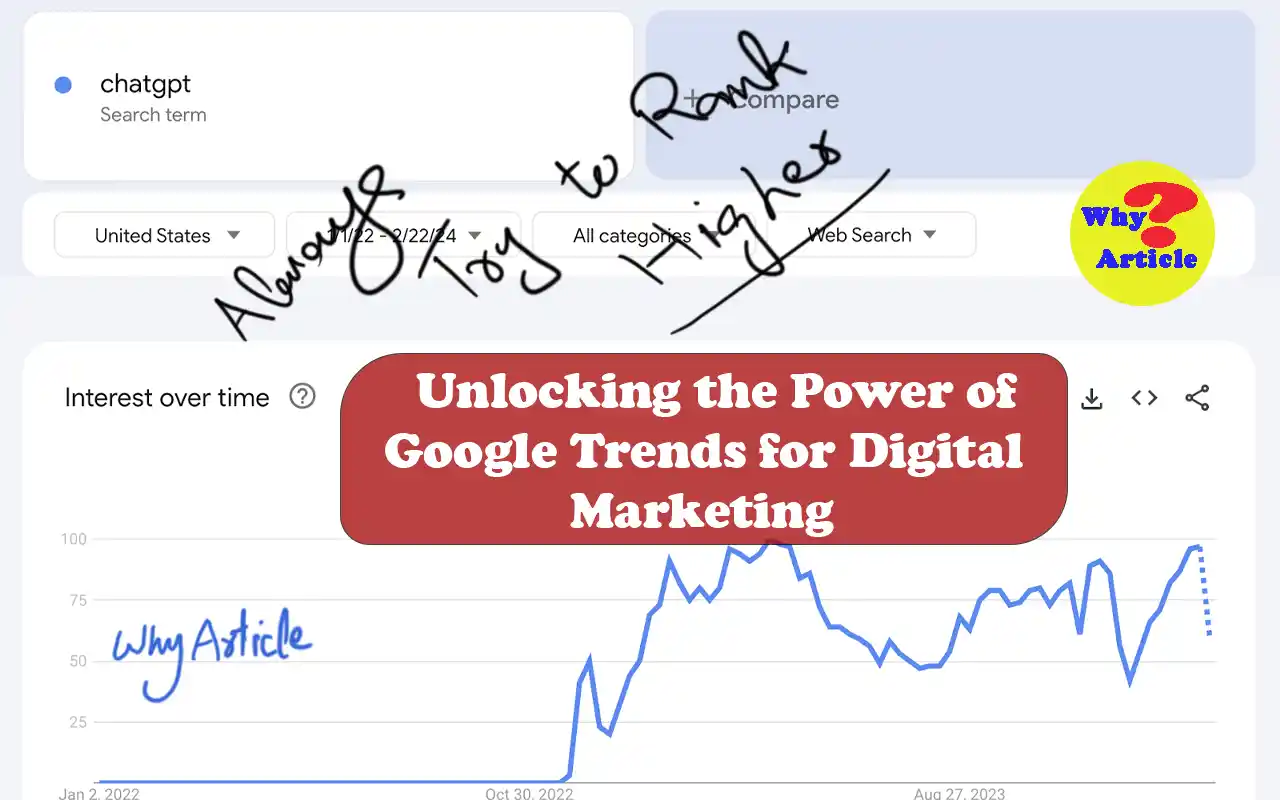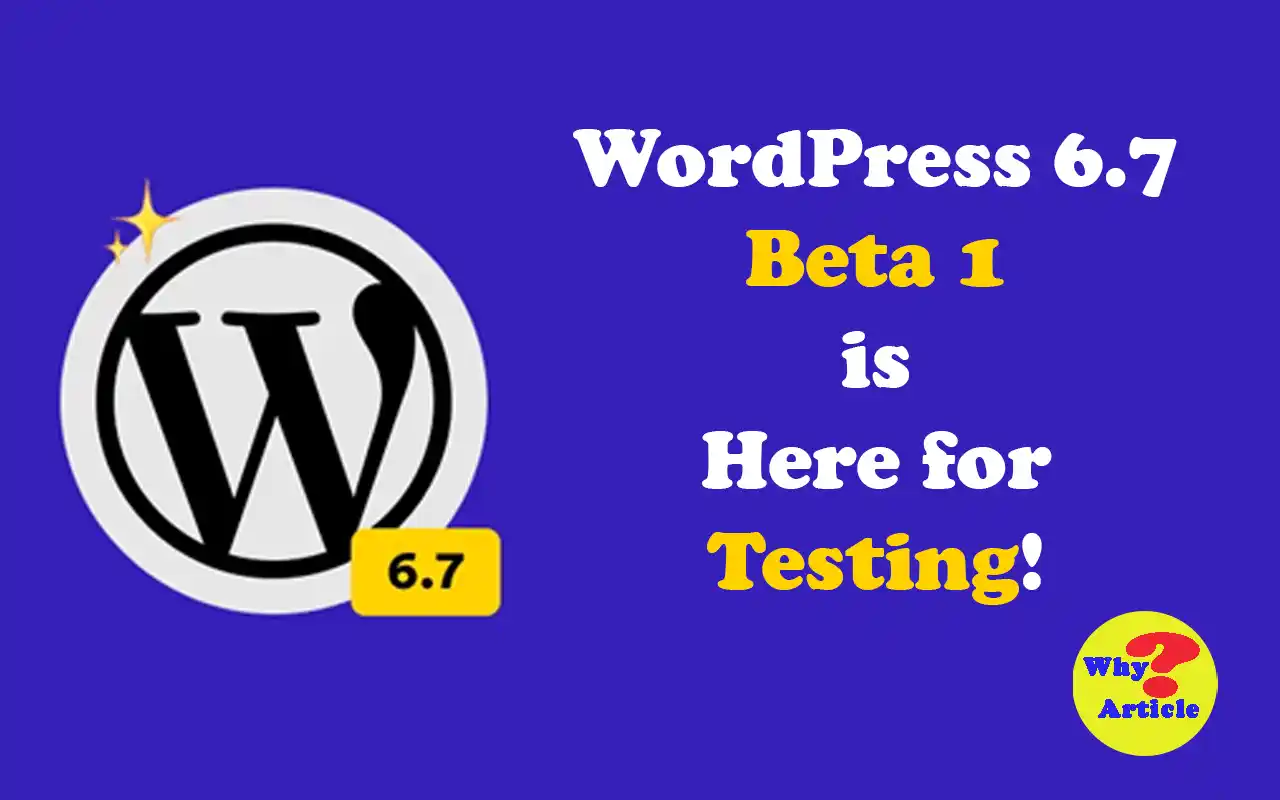In today’s fast-paced digital world, content is king. Every day, millions of blog posts flood the internet, all competing for attention. How can you ensure your voice stands out? The key is to create high-quality and informative blog posts that not only capture attention but also engage and educate your audience.
Let’s dive into why this matter and how you can make it happen.
Attracting and Engaging Your Audience
Creating informative content is about more than just sharing facts; it’s about guiding your audience to valuable insights and answering their questions. Think about a blog post aimed at entrepreneurs, explaining how to form a Private Limited Company.
Instead of a boring list of legal terms, make it a step-by-step guide with clear definitions, real-world examples and easy-to-follow bullet points. This makes the content not only informative but also engaging and accessible.
When you understand your audience’s needs and present information in a clear, friendly manner, you build trust and a stronger connection with them. They feel seen and understood, which keeps them coming back for more.
Establishing Authority and Brand Reputation
In a crowded market, establishing yourself as a trusted authority is crucial. High-quality content helps you build a strong brand reputation and showcase your expertise.
For example, if you’re an attorney specializing in corporate law, you could write a series of blog posts on topics like mergers and acquisitions or banking and finance. By breaking down complex legal issues into simple and actionable advice, you demonstrate your knowledge and reliability.
Consistently producing well-researched and informative content helps potential clients see you as a valuable resource and trusted advisor. This leads to brand loyalty and positions you as a leader in your field.
Boosting Search Engine Optimization (SEO)
Search Engine Optimization (SEO) is about optimizing your content so it ranks higher in search engine results. Well-researched and informative content is key to SEO success.
Search engines like Google prioritize websites that provide valuable and relevant information.
For instance, a blog post on “Understanding Shareholder Agreements” should include keywords like “shareholder agreement,” “transfer of rights” and “investor obligations”. This improves your content’s searchability and shows your commitment to providing useful resources.
By strategically using relevant keywords, you signal to search engines that your content addresses important topics and boosting your visibility online.
Driving Conversions and Sales
Informative content is a powerful tool for driving conversions and sales. It serves as a digital guide, helping potential clients navigate through complex information.
Imagine a series of blog posts on intellectual property law, covering topics from copyright protection to trademark registration. These posts educate readers about their legal rights and subtly encourage them to seek professional advice.
By embedding calls to action within your content, you gently push readers towards becoming clients.
This approach aligns perfectly with content marketing principles where informative content builds trust and positions you as a dependable advisor, transforming readers into loyal clients.
Strategies for Creating Compelling and Credible Content
Crafting high-quality content isn’t just about putting words on a page; it’s about creating an immersive experience for your audience. Here’s how to do it:
1. Thorough Research:
Dive deep into your topic. Explore various angles and gather information from credible sources. This not only adds credibility to your content but also ensures accuracy.
2. Prioritize Readability:
Break down complex concepts into easily digestible chunks. Use clear, concise language that resonates with your audience.
Incorporate headings, subheadings, bullet points and short paragraphs to improve readability.
3. Use Visuals:
Enhance your content with images, infographics and videos. Visual elements make your content more engaging and easier to consume. They help break up text and reinforce key points.
4. Understand Your Audience:
Tailor your writing style to your audience’s level of expertise. Whether they are beginners or experts, adjust your language and tone accordingly.
By following these strategies, you can create content that captures your audience’s attention, keeps them engaged and encourages them to return back.
Frequently Asked Questions
High-quality content is important because it helps attract and engage your audience, build trust and establish your authority. It also improves your SEO and drives conversions.
Informative content boosts SEO by providing valuable information that search engines prioritize. Including relevant keywords in your content helps improve its searchability and ranking.
Content is engaging when it is relevant, easy to understand and visually appealing. Using clear language, breaking down complex ideas and incorporating visuals all contribute to engaging content.
You can drive conversions by creating informative content that addresses your audience’s needs and subtly encourages them to take action. Embedding calls to action within your content helps guide readers towards becoming clients.
To create credible content, conduct thorough research, use information from reliable sources and present your findings clearly. Prioritize readability and use visuals to support your points.
Conclusion
In the digital landscape, producing high-quality, informative blog posts is crucial. These posts help attract and engage your audience, establish your authority, boost your SEO and drive conversions.
By conducting thorough research, prioritizing readability and using visuals, you can create content that captivates your audience and fosters lasting relationships, paving the way for long-term success.
By strategically using keywords and focusing on your audience’s needs, you can create compelling content that stands out and delivers real value. Happy blogging!

